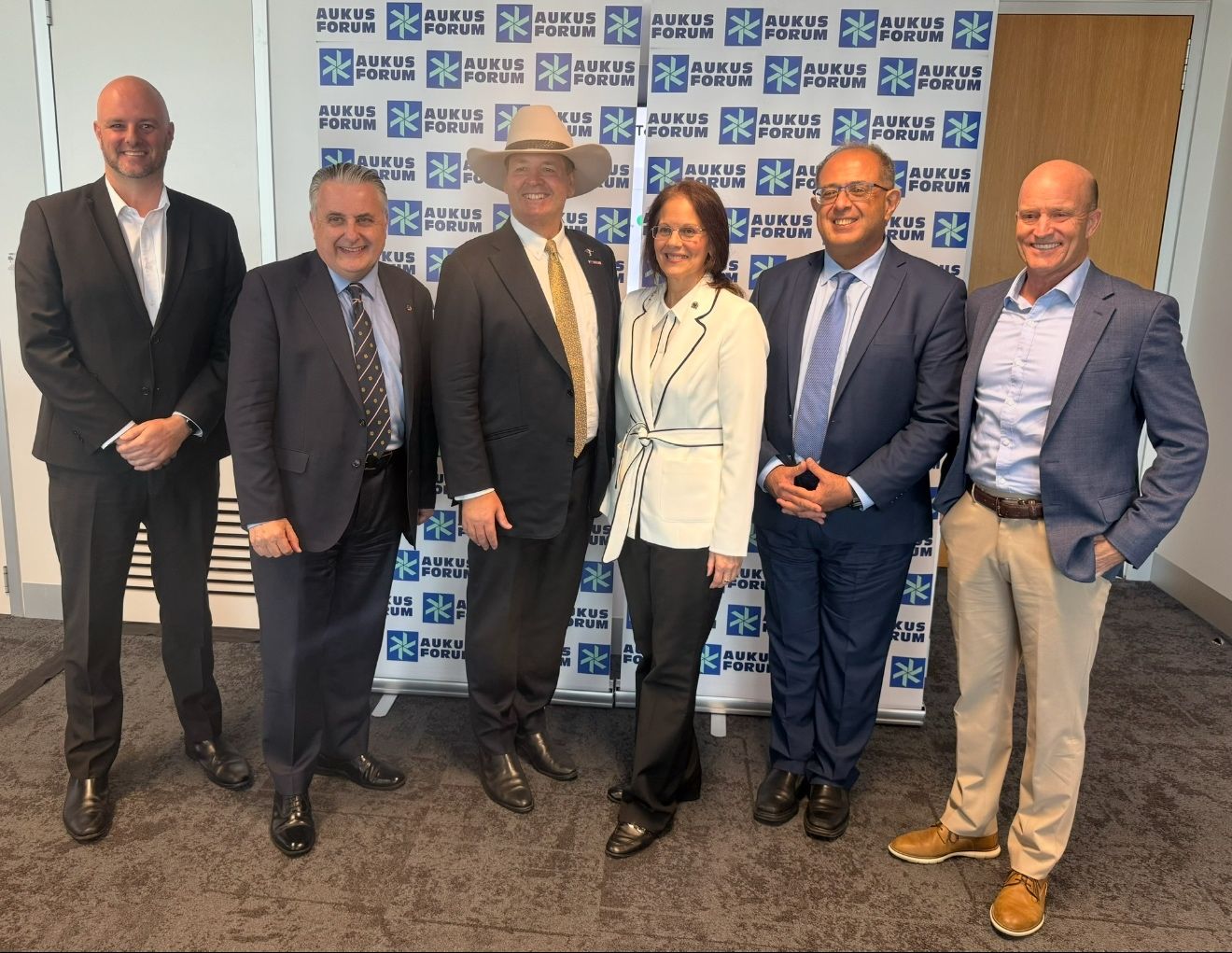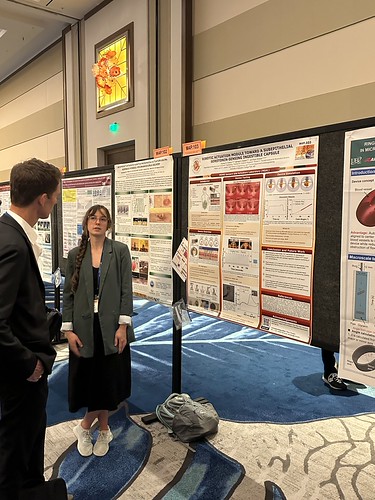MATRIX-Affiliated Faculty Solving Challenges with Solutions from Nature
September 26, 2025University of Maryland (UMD) MATRIX Lab affiliate faculty members are advancing research using solutions inspired by the natural world around them.
 Dr. Yiannis Aloimonos’ (CS, ECE, UMIACS, ISR, MRC, BBI) work focuses on how systems perceive and understand their environment. His lab, the Perception and Robotics Group, studies how robots are able to complete tasks based on what they see and feel around them. The team enables their intelligent systems with active vision, meaning the system can move its camera to gather more information. This makes it easier for the system to perform tasks. The lab’s researchers have applied active vision to devices including robotic bees, miniaturized autonomous quadrotors, and ornithopters (aircrafts that fly using wings). They have even used it for projects like oyster field mapping and harvesting. Adding AI on top of active vision allows systems to estimate distances, recognize objects, and dodge objects thrown at them. MATRIX Lab spaces help Dr. Aloimonos test his devices.
Dr. Yiannis Aloimonos’ (CS, ECE, UMIACS, ISR, MRC, BBI) work focuses on how systems perceive and understand their environment. His lab, the Perception and Robotics Group, studies how robots are able to complete tasks based on what they see and feel around them. The team enables their intelligent systems with active vision, meaning the system can move its camera to gather more information. This makes it easier for the system to perform tasks. The lab’s researchers have applied active vision to devices including robotic bees, miniaturized autonomous quadrotors, and ornithopters (aircrafts that fly using wings). They have even used it for projects like oyster field mapping and harvesting. Adding AI on top of active vision allows systems to estimate distances, recognize objects, and dodge objects thrown at them. MATRIX Lab spaces help Dr. Aloimonos test his devices.
“The Open Air-Land Lab at the MATRIX Lab offers a unique opportunity to study high-performance small quadrotors because of the large indoor space with full coverage by a motion capture system,” Dr. Aloimonos said. “I am not aware of a facility with similar capabilities within the United States.”
He went on to say that satellite campuses, like the one the MATRIX Lab is located on, allow facilities like the Open Air-Land Lab to exist. Space and funding constraints often restrict such large facilities on main campuses.
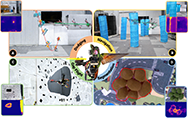 Dr. Aloimonos’ research also covers the rapidly evolving field of drone technology, which is vital to national security. Specifically in Southern Maryland, this work provides opportunities for students and professionals to build drone technology, conduct experiments, and flight test the high-performance quadrotors he uses in his research. Dr. Aloimonos believes that involving students in real-world projects is the best way to create a resilient and capable workforce. He regularly incorporates PhD, graduate, and undergraduate students in his research, and tailors projects to their interests and level of education.
Dr. Aloimonos’ research also covers the rapidly evolving field of drone technology, which is vital to national security. Specifically in Southern Maryland, this work provides opportunities for students and professionals to build drone technology, conduct experiments, and flight test the high-performance quadrotors he uses in his research. Dr. Aloimonos believes that involving students in real-world projects is the best way to create a resilient and capable workforce. He regularly incorporates PhD, graduate, and undergraduate students in his research, and tailors projects to their interests and level of education.
For Maryland as a whole and the entire nation, Dr. Aloimonos and his team are advancing the state of the art in artificial perception. This builds on a legacy of strong computer vision research at the University of Maryland which started with the Computer Vision Lab more than 60 years ago.
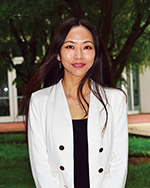 A core focus of Dr. Miao Yu’s (ME, ISR, MRC) work is to study biological systems and apply biologically inspired ideas in engineering systems, with specific research directions promising significant impacts in areas such as health care, safety, and defense.
A core focus of Dr. Miao Yu’s (ME, ISR, MRC) work is to study biological systems and apply biologically inspired ideas in engineering systems, with specific research directions promising significant impacts in areas such as health care, safety, and defense.
For her MATRIX Lab seed grant project, Dr. Yu will be working with Dr. Cecilia Huertas Cerdeira (ME) and Dr. Wei-Kuo Yen (MATRIX) to improve uncrewed underwater vehicles (UUV) with nature-inspired ideas.
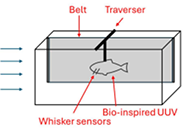 The team will collaborate on an underwater sensor capable of detecting the presence of walls and other objects, even in complex spaces and murky waters. The proposed sensor is inspired by the highly sensitive whiskers of seals, which enable them to follow pretty even in low-visibility conditions. Seal whiskers detect water movements and produce a signal, allowing the seal to navigate its environment. The UMD research team plans to apply that concept to a UUV sensor. The whisker sensors will be tested in the MATRIX Lab’s water tunnel, which allows researchers to imitate the flow present when a UUV swims in proximity to a surface.
The team will collaborate on an underwater sensor capable of detecting the presence of walls and other objects, even in complex spaces and murky waters. The proposed sensor is inspired by the highly sensitive whiskers of seals, which enable them to follow pretty even in low-visibility conditions. Seal whiskers detect water movements and produce a signal, allowing the seal to navigate its environment. The UMD research team plans to apply that concept to a UUV sensor. The whisker sensors will be tested in the MATRIX Lab’s water tunnel, which allows researchers to imitate the flow present when a UUV swims in proximity to a surface.
Dr. Yu’s research also benefits Southern Maryland, specifically, her work in shellfish aquaculture. Her and her team are developing underwater robots and AI technologies to help farmers gain in-depth knowledge of their underwater farm and crop conditions to achieve precision farming, which increases yields and reduces crop mortality.
Dr. Yu will be discussing her shellfish research at the MATRIX Lab’s next Evening@SMART presentation on Wednesday, October 1, 2025. Register for the event now at https://go.umd.edu/evening-smart-1001
View our full list of affiliate faculty here.


